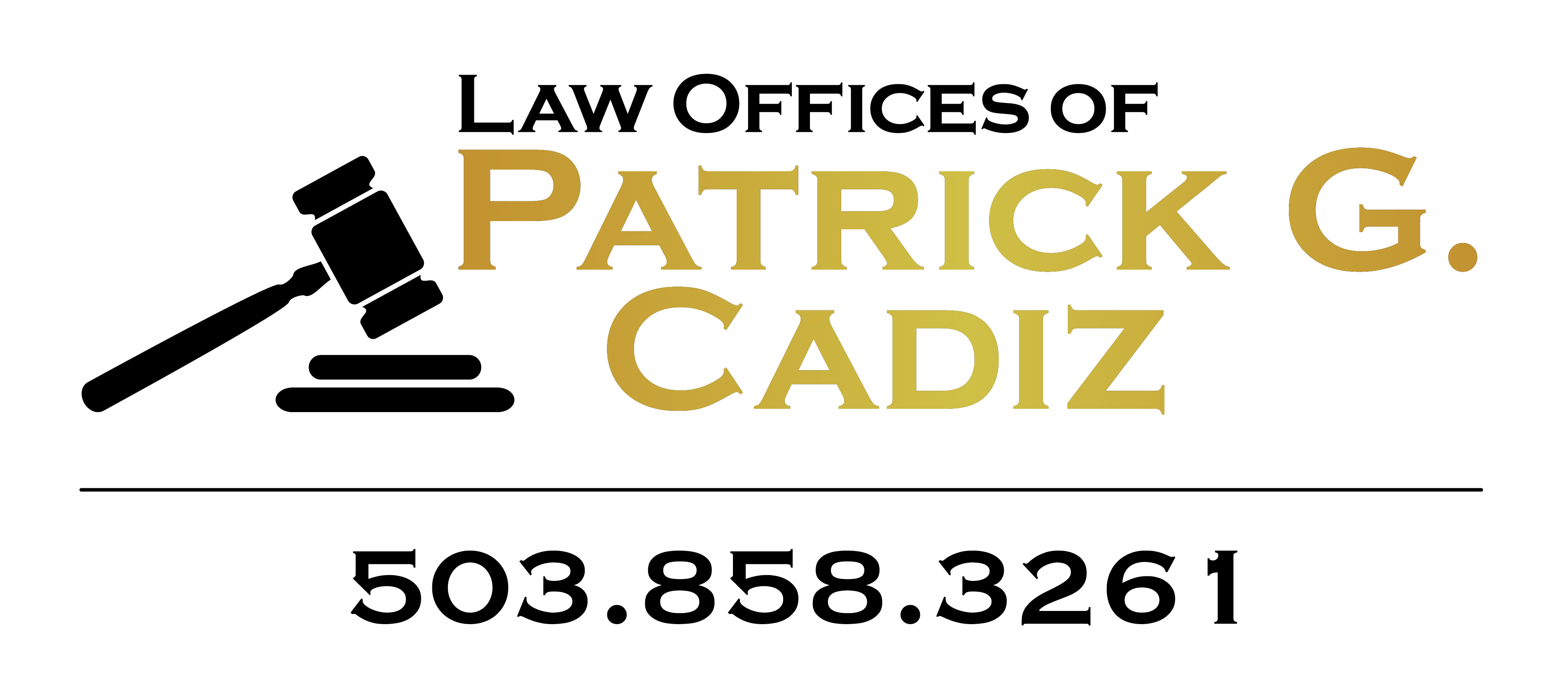 Premises Liability Attorney:
Premises Liability Attorney:
Slip and Fall Law
Premises Liability law is the body of law which makes the person who is in possession of land or premises responsible for certain injuries suffered by persons who are present on the premises and can require a premises liability attorney. Although some premises cases, such as so-called “slip and fall” cases, can seem simple, in some states the law now very much favors the premises owner. Thus, in assessing a premises liability case, it is often helpful to consult with a premises liability attorney. If you wish to ask a premises liability attorney, you will find us in the Oregon Lawyer Locator. A premises owner faced with a lawsuit should file a claim with his insurance carrier.
Slip and Fall Attorney Explained
What is Possession of Premises?
Within the context of premises liability, a person “possesses” land or premises when:
- The person is in an occupation of the land with intent to control it;
- The person has been in occupation of land with intent to control it if no other person has subsequently occupied it with intent to control it; or
- The person is entitled to immediate occupation of the land if no other person is in possession as just defined.
Why Does the Status of the Plaintiff Matter?
Invitee vs. Licensee vs. Tresspasser – Slip and Fall Lawsuits
Under the premises liability law of most jurisdictions, it is necessary to determine if the plaintiff was an “invitee,” a “licensee,” or a “trespasser.” The defendant’s duty to the plaintiff can vary significantly depending upon how the plaintiff is classified. (Some jurisdictions have modified these definitions.) In the definitions below, “premises” should be read broadly to include land, premises, or places of business. The “possessor” is the person in possession of the premises. As your premises liability attorney, we will represent you.
Invitee: An invitee is a person who is invited to enter or remain on the premises for a commercial benefit to the possessor of premises, or for a purpose directly or indirectly connected with business dealings with the possessor. An invitation may be either express or implied. (Example: A customer in a department store is an invitee, as the department store actively invites the public to come to the premises and to purchase merchandise while on the premises.) A premises owner owes the highest duty of care to an invitee.
Typically, a possessor has to use ordinary care to warn or otherwise protect an invitee from risks of harm from a condition on the possessor’s premises if:
- the risk of harm is unreasonable, and
- the possessor knows or in the exercise of ordinary care should know of the condition, and should realize that it involves an unreasonable risk of harm to an invitee.
The possessor may have a duty to periodically inspect the premises for the introduction of hazards to invitees. For example, a grocery store may be obligated to regularly check its floors for the presence of spilled or broken merchandise and to make sure that its products are not likely to fall from its shelves. If this is the case, you need a premises liability attorney to defend you.
Licensee: A licensee is a person who is invited to enter or remain on the premises for any purpose other than a business or commercial one with the express or implied permission of the owner or person in control of the premises. A social guest is considered to be a licensee, not an invitee.
Typically, a possessor of premises is liable for physical harm caused to a licensee by a condition on the premises if, but only if, the plaintiff establishes the following three elements:
- The possessor knew or should have known of the condition, should have realized that it involved an unreasonable risk of harm to the licensee, and should have expected that the licensee would not discover or realize the danger;
- The possessor failed to exercise reasonable care to make the condition safe, or to warn the licensee of the condition and the risk involved; and
- The licensee did not know or have reason to know of the condition and the risk involved.
For example, if a homeowner knows that one of the steps leading into a basement is broken (but would not appear to be broken to a reasonably observant individual), the homeowner may be liable to a guest who, without notice of the broken step, is injured when the step gives way. If this is the case, you need a premises liability attorney to defend you.
Trespasser: A trespasser is a person who goes upon the premises of another without an express or implied invitation, for his or her purposes, and not in the performance of any duty to the owner. It is typically not necessary for a defendant to establish that the trespasser had unlawful intent in making such an entry.
Where premises owners are not aware of the presence of trespassers, they typically have no duty to warn a trespasser of any dangers or to make their premises safe for the benefit of a trespasser. If the premises owner is aware of the presence of trespassers, the premises owner may be obligated to exercise ordinary care concerning the safety of a trespasser. If the premises owner is negligent, you need a premises liability attorney.
Public Roads and Sidewalks – When to Call a Premise Liability Attorney
Premises owners are typically charged with clearing public sidewalks in front of their premises, and to maintain their premises so as not to pose a danger to members of the public who are passing by on a public street or sidewalk. If not, seek out a premises liability attorney to defend you, getting the compensation you deserve.
